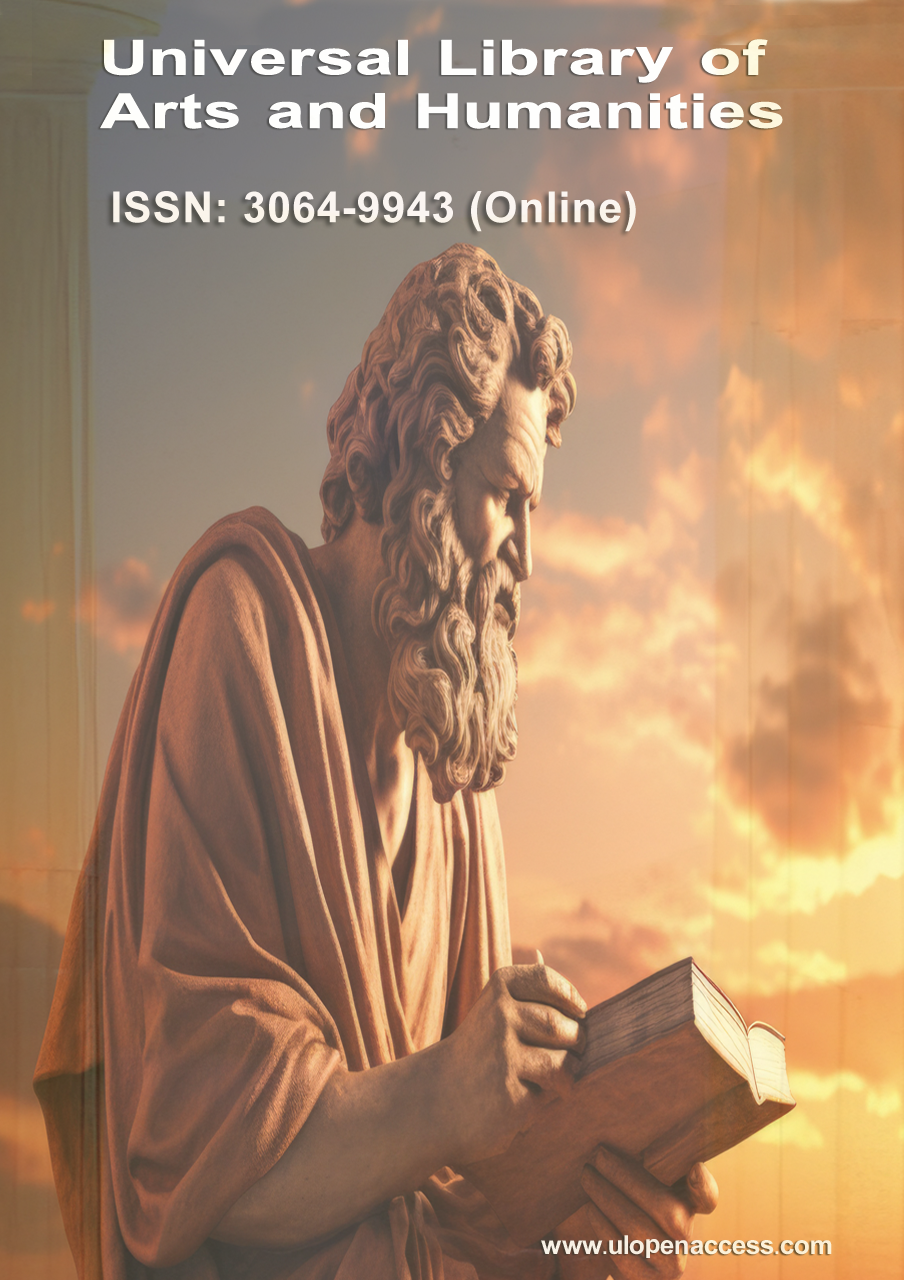Carrying the Chorus: Ensemble Theatre as Pedagogical PraxisPrafulkumar Panchal Citation: Prafulkumar Panchal, "Carrying the Chorus: Ensemble Theatre as Pedagogical Praxis", Universal Library of Arts and Humanities, Volume 02, Issue 04. Copyright: This is an open access article distributed under the Creative Commons Attribution License, which permits unrestricted use, distribution, and reproduction in any medium, provided the original work is properly cited. AbstractThis study investigates ensemble theatre as a form of pedagogical praxis by analysing the author’s participation in Socrates (Kashunk Bhali Gayelo Manas), produced by the Ahmedabad Theatre Group (ATG) under Rajoo Barot in 2014. Drawing on autoethnographic reflection and qualitative observation of forty performers, the article argues that collective performance functions as an embodied mode of learning that refines artistic, cognitive, and ethical awareness. Using Eugenio Barba’s notion of the “bios of the actor” (1995: 11) and Richard Schechner’s concept of “restored behaviour” (2002: 28) as theoretical frames, the study reveals how chorus-based dramaturgy cultivates timing, listening, and spatial ethics. Data were collected through rehearsal journals, semi-structured interviews with fellow actors, and observation notes, following ethical approval. Findings demonstrate that ensemble practice constitutes a living curriculum, integrating performance literacy, design sensibility, and democratic collaboration. The study contributes to contemporary performance pedagogy by positioning ensemble theatre not merely as artistic production but as a method of learning that extends into everyday social praxis. Keywords: Ensemble Theatre, Autoethnography, Actor Training, Pedagogy, Ahmedabad Theatre Group. Download |
|---|

